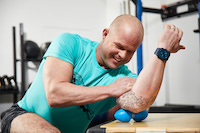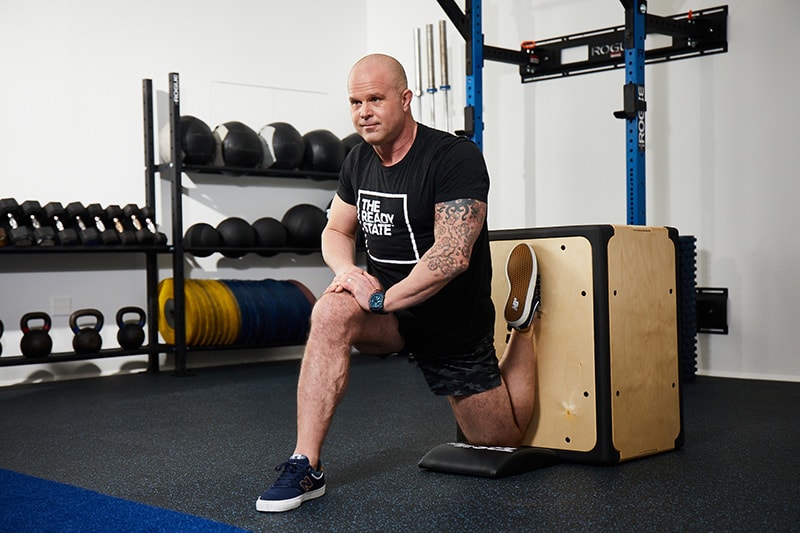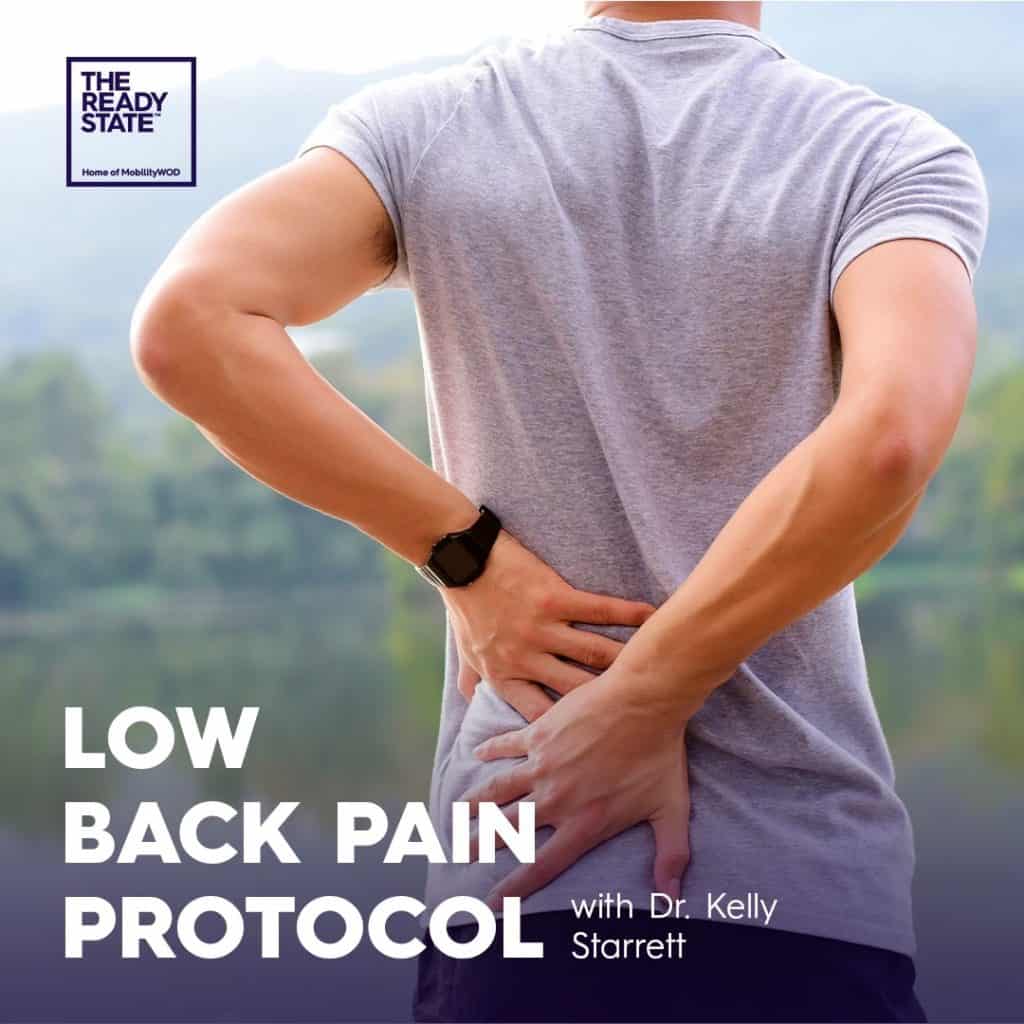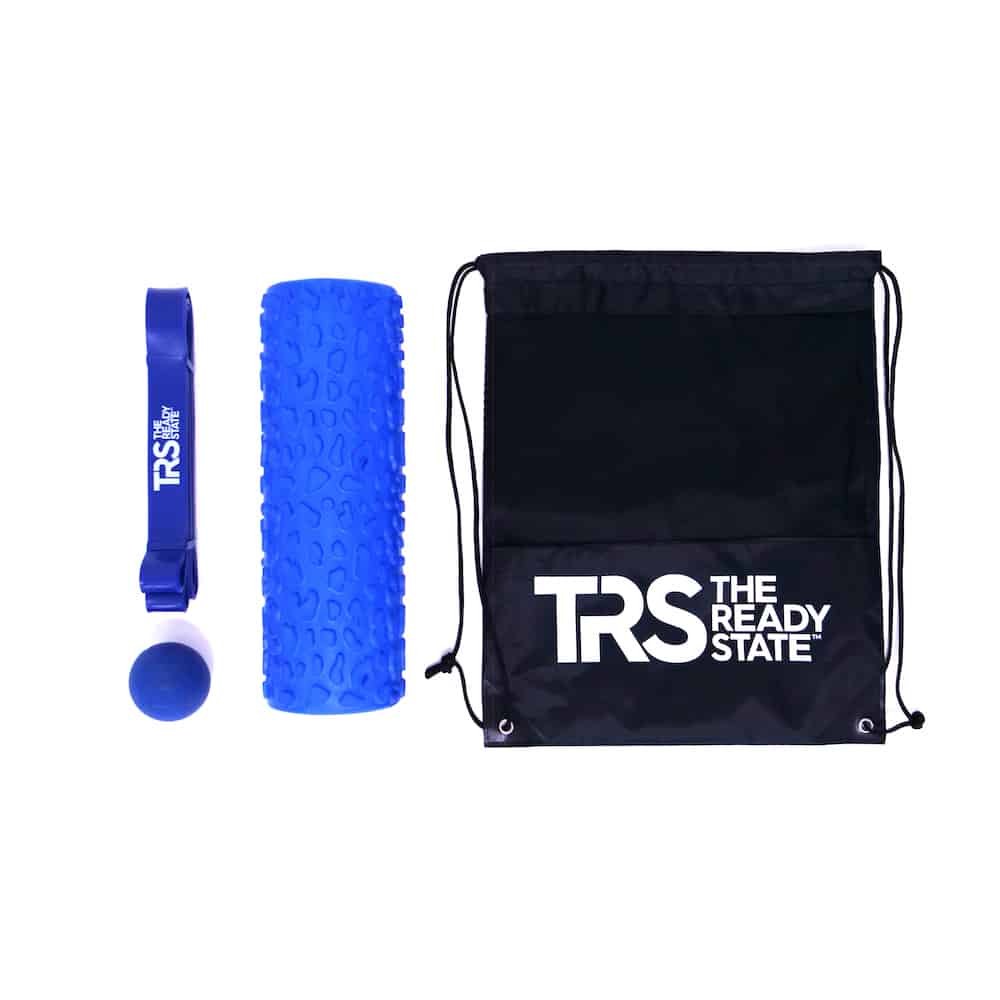4 Benefits of Creatine
As a health and performance supplement, creatine has been used by athletes and fitness enthusiasts for decades. In fact, it is one of the most heavily researched supplements on the market. There are dozens of articles on the benefits to creatine or potential benefits of supplementing your diet regimen with creatine, and those barely scratch the surface on the body of work surrounding this substance.
Creatine is a derivative of the amino acids arginine, glycine, and methionine. We naturally produce about 1-2g/day in our kidneys, liver, and pancreas. Creatine can also be absorbed by consuming red meats, salmon, and supplementation (creatine monohydrate).
About 90-95% of the creatine we absorb goes to our muscles. Creatine is broken down into creatinine and excreted through our urine at a rate of about 2g/day, depending upon consumption and activity levels.
What Are the Benefits of Creatine Supplements?
Research shows how beneficial creatine can be when taken as a dietary supplement. Some of the benefits of creatine monohydrate include improved physical performance, enhanced lean muscle, and reduced risk for neurological diseases with age.
Momentus Creatine is a great example that comes with the ultimate creatine benefits — providing a continuous supply of energy to the muscles to improve strength, performance and endurance. It also comes with cognitive benefits, increasing brain creatine levels and enhancing overall brain function and memory improvement.
Daily supplementation with creatine can help with all of these areas, which is why it’s worthy of your attention. Let’s take a closer look at these standout creatine monohydrate benefits, and how taking creatine daily is a safe and effective supplement option.
1. Improvement In Intense Exercise Performance
Our muscles rely on a substance called adenosine triphosphate (ATP), which is a byproduct of our phosphagen energy system, to effectively perform short, fast bursts of energy, such as sprinting, ballistic movements, Olympic lifting, a heavy squat, etc.
Creatine’s direct effect on the production of ATP in our muscles can help create more potential available ATP, in turn, improving the performance of short, intense exercises and efforts.
Following up these efforts with the proper recovery tools and creatine can lead to future improvements.
Endurance athletes likely won’t see quite the same benefits, due to their sports’ reliance on the aerobic energy system. However, creatine supplementation has a “cell volumizing effect”, which pulls more water into the muscle cells. Over time, and with some resistance training, this could result in more muscle glycogen storage and protein synthesis, thus, aiding in muscle endurance and reducing protein breakdown.
2. Supports Muscular Size and Strength
One of many creatine pros is its ability to increase muscle size and strength. In fact, it has shown to be the most effective supplement on the market for such a task. The initial gains are seen via the additional water being pulled into the muscle cells. Over time, prolonged supplementation activates specific channels that aid in muscle tissue growth, strength, and performance.
In this study, 25 male subjects (7 control, 8 creatine group, and 10 placebo group) were subjected to a 42-day strength training program. At the end of the program, the control and placebo groups did not see any change in their lean, skeletal muscle mass. However, the creatine group saw gains of 2.0kg (4.4lbs) in mass.
There is also growing evidence that creatine supplementation can aid in raising levels of insulin-like growth factor 1 (IGF-1). This becomes increasingly more important as we age and start losing muscle mass. IGF-1 aids in the production of lean tissues, so being able to keep levels up as we age might help us retain lean muscle mass, which is directly related to long-term health and vitality.
3. Improvement In Brain Function
More recent studies on creatine have been exploring its positive effects on brain function and overall neurological health. Your muscles aren’t the only body parts that rely on ATP. Your brain relies on it, as well, when completing complex tasks.
The brain produces ATP, so supplementation can aid in that production. Creatine can also assist in increasing dopamine levels and enhancing mitochondrial function.
These benefits are most profound in older individuals. The above benefits can help older adults maintain or improve memory recall. This boost in brain function might also help in mitigating or treating chronic neurological diseases.
Based on this evidence, it’s unclear whether younger adults can reap the same creatine benefit regarding brain function. More research is needed to make a more accurate assessment on this age group.
4. Possible Defense Against Neurological Disease
More recent, cutting-edge research on creatine use has been its possible therapeutic use for degenerative neurological diseases. It is known that depleted phosphocreatine levels in the brain can contribute to neurological disease. However, it is still unclear whether or not supplementing with creatine can definitively slow the progression of or treat these diseases.
For instance, in this animal study, a combination of coenzyme Q10 and creatine was administered to mice with Huntington’s Disease and rats with Parkinson’s Disease. The study proved promising in the combination of the two supplements to provide “neuroprotective” effects on both populations of animals.
Another animal study involving mice with Amyotrophic Lateral Sclerosis (ALS) showed promising neuroprotective effects, as well. Supplementation of creatine improved the animals’ motor functions and slowed muscle loss, thus increasing the survival rate of the test subjects.
Researchers are also looking at creatine supplementation to possibly help with Alzheimer’s, spinal cord injuries, epilepsy, muscular dystrophy and strokes. However, there need to be more tests on actual humans to see if any of these possible benefits can carry over.
Reap the Advantages of Creatine
Creatine has many positive uses for athletes and fitness enthusiasts, and can possibly be a therapeutic tool for treating serious, degenerative neurological diseases. Aside from protein, creatine is probably the most studied and effective supplement you can buy, and it’s affordable, too.
Taking one serving of creatine daily, which for most manufacturers is around 5g, is perfectly safe. In the past,, there used to be a “loading phase” where you would take 20g/day for the first week, then transition to a “maintenance phase” of 5g/day.
You can still do that, but it isn’t necessary. It also isn’t necessary to cycle on and off creatine, since it isn’t a hormone. It doesn’t taste like anything, so mixing it in a beverage or protein shake makes ingesting it easy.
Next time you want to try adding a new supplement to your diet, give it a try. It’s affordable, effective, and safe.
Relieve Pain, Prevent Injury and More with The Ready State
You can reap the health benefits of creatine even further when you add mobility exercises to your everyday regimen. Learn more about the go-to Mobility Programs for thousands of recreational and professional athletes, coaches and personal trainers.
Grab your signed copy of Built to Move, the best seller by Juliet and Kelly Starret. Then, browse our online course and grab the necessary tools for effective recovery.



















TRS Virtual Mobility Coach
Guided mobilization videos customized for your body and lifestyle.
FREE 7-Day Trial